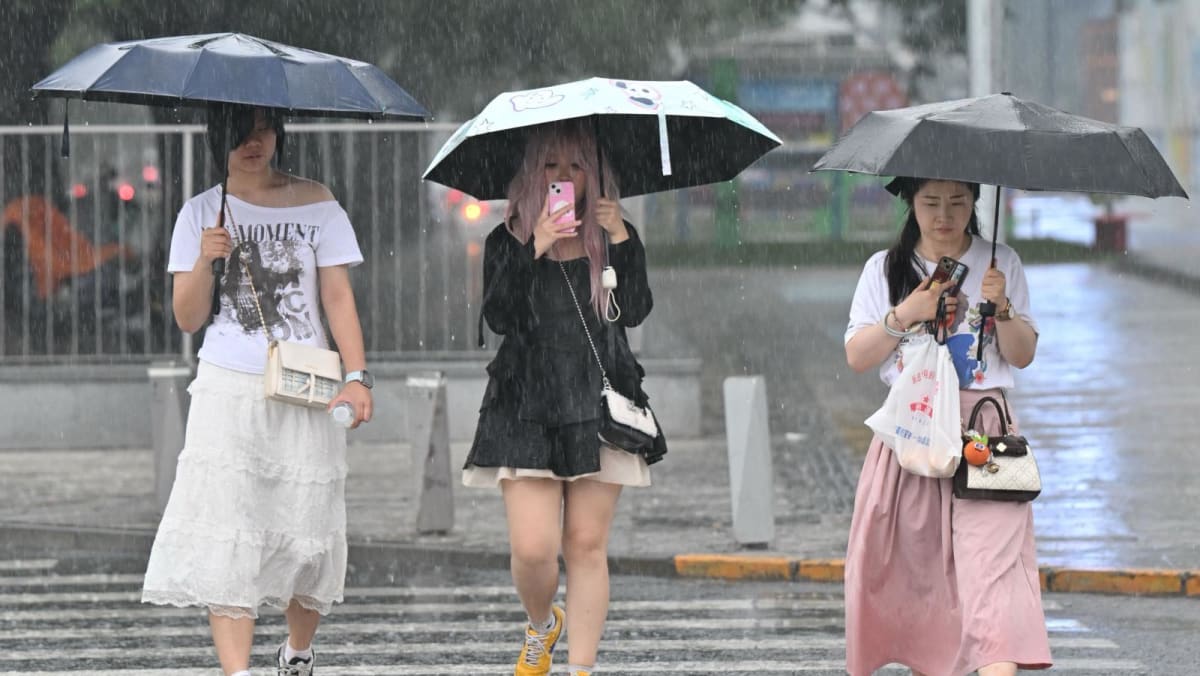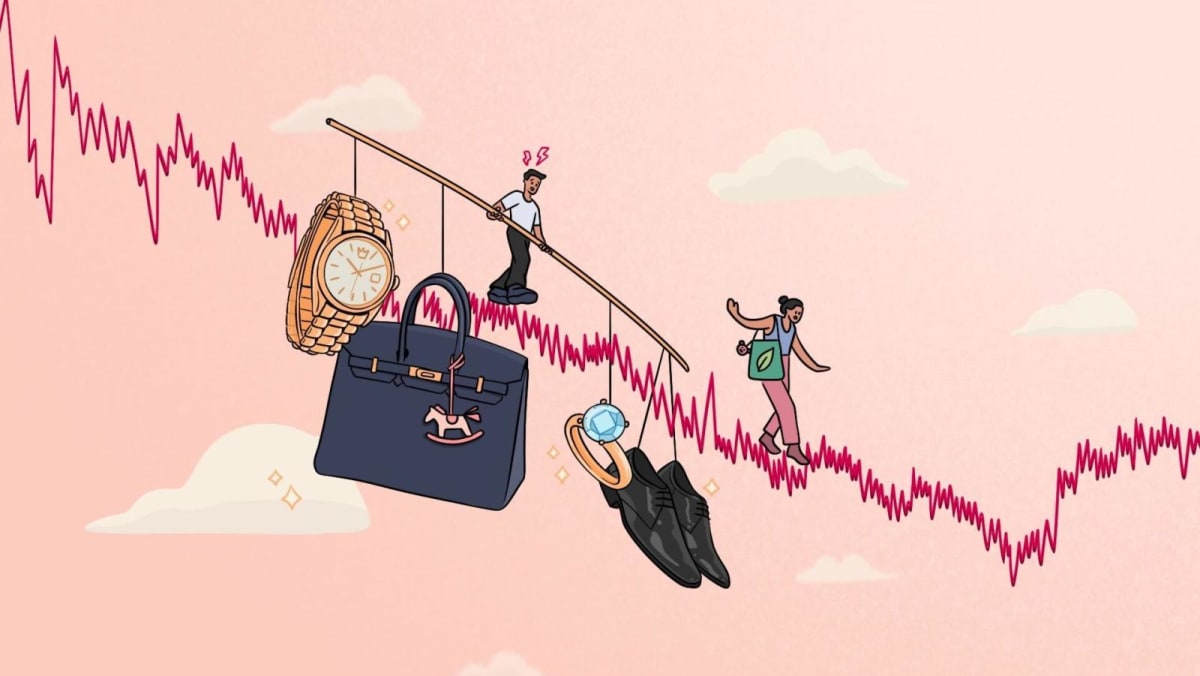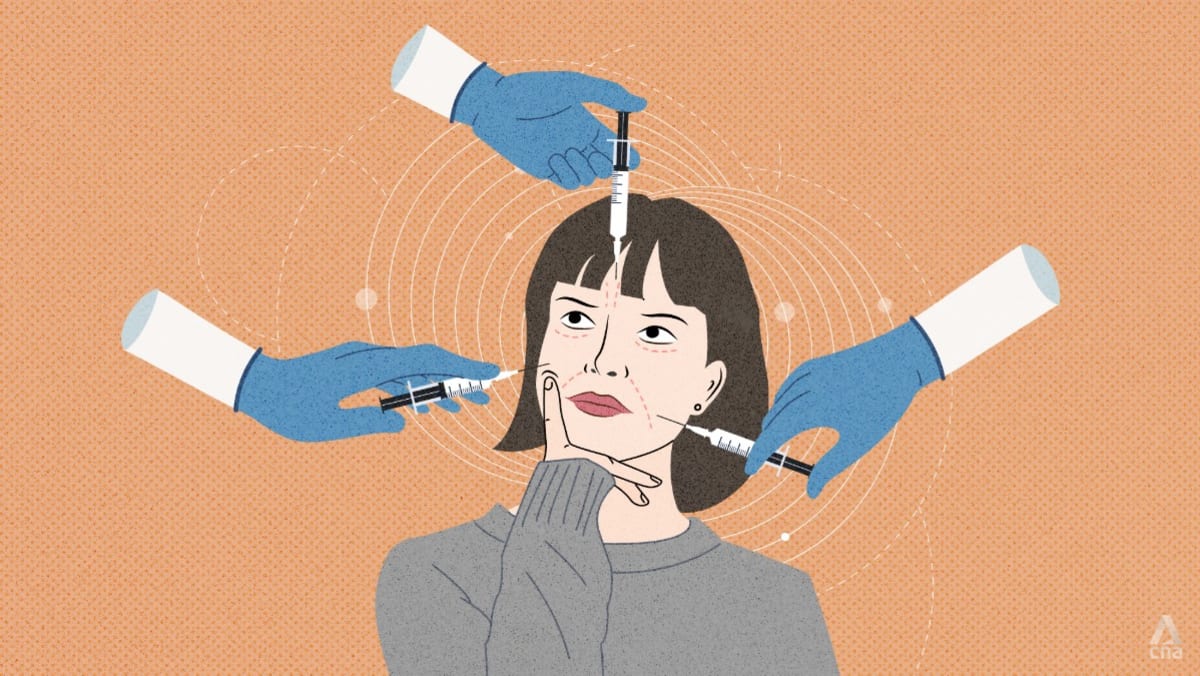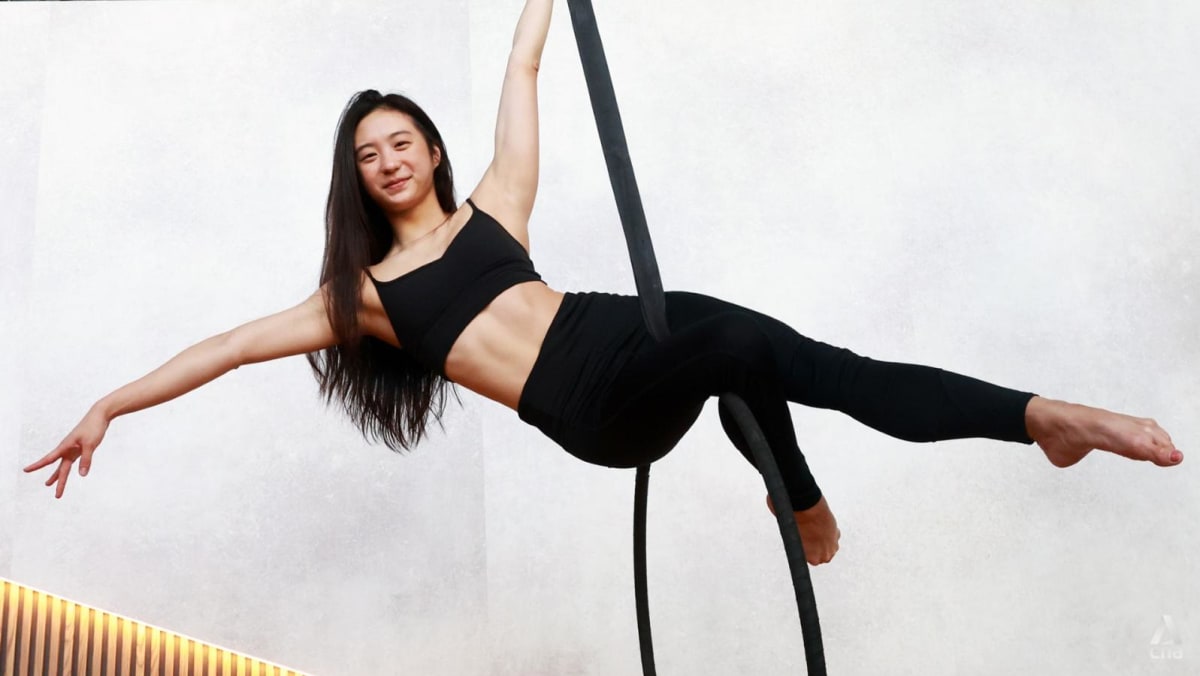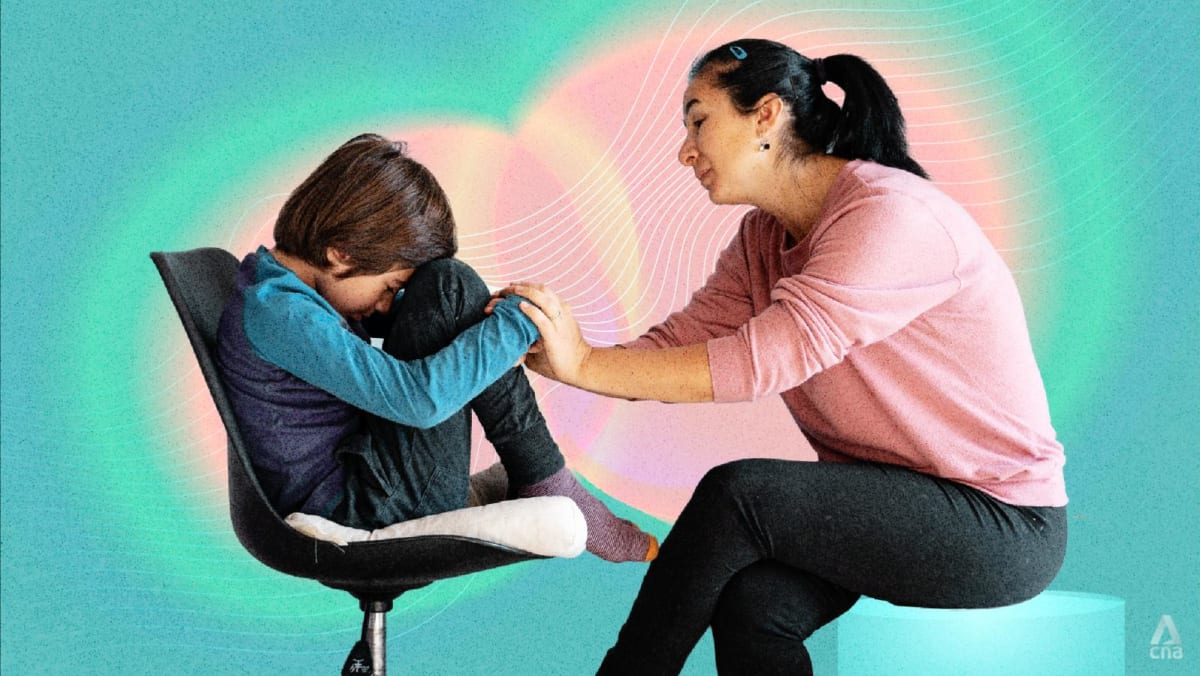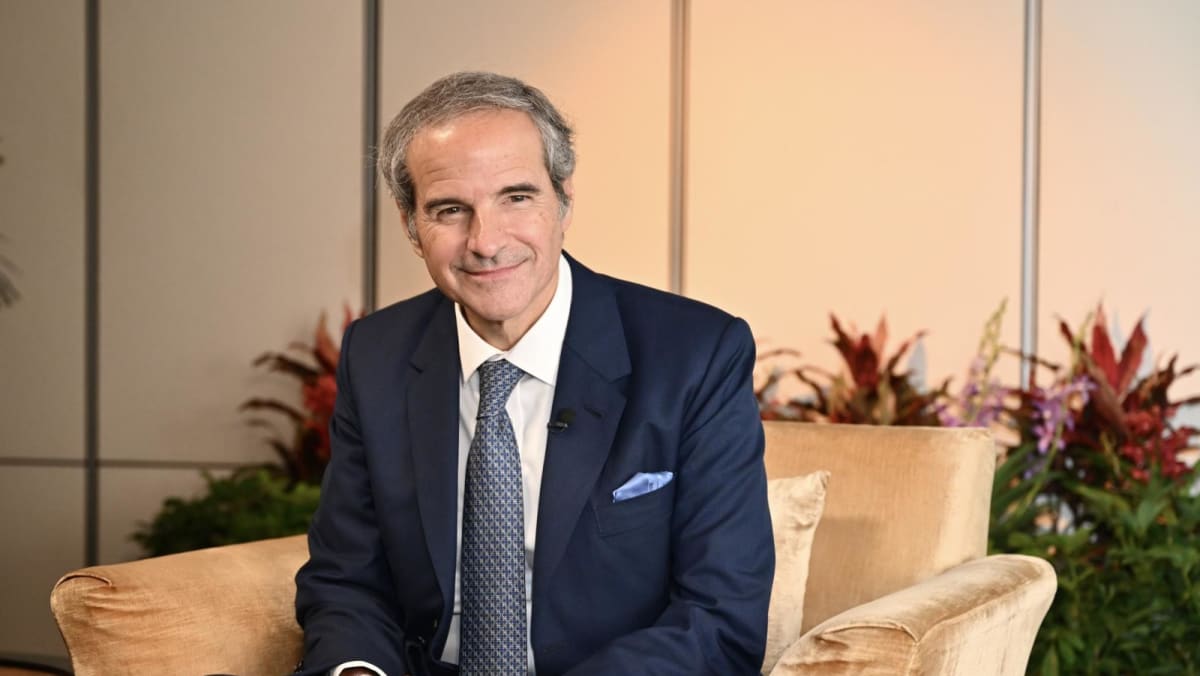For Ms Teng Jiayuan, 32, a Chinese citizen living in Shanghai, the thrill of buying her first Chanel Classic Flap bag in her late 20s was immediate but short-lived.
Back then, she was drawn to the brand’s timeless appeal. At that time, Ms Teng, who works in the luxury sector, was obsessed with designer logos and paid close attention to how others styled and carried their luxury goods.
But after finally handing over a significant chunk of her savings to own the piece, Ms Teng eventually found herself questioning whether the 46,800 yuan (US$6,500) purchase price was worth it.
“It satisfied my vanity for a moment. But emotionally, I didn’t feel truly fulfilled. The bag didn’t fit my lifestyle either because it wasn’t practical to carry it to work every day,” she told CNA TODAY in Mandarin.
The bag soon ended up in her closet, barely used.
Ms Teng, who also owns other luxury goods such as clothes and accessories, said there used to be a certain thrill in using luxury items to present herself a certain way, to draw admiration or even envy.
“But when I thought about my actual lifestyle – how I love fitness, reading and just being laidback – I realised this bag didn’t really bring me joy. It was a hard blow to my bank account.”
With that realisation came a change in her shopping habits. Ms Teng said she rarely shops for luxury these days, opting instead for wellness classes, short trips, or styling what she already owns – things that bring her long-term emotional satisfaction.
Another luxury consumer from Shanghai, Ms Michelle Ni, recalls a similar shift. Now 49, the account manager once saw luxury goods as status symbols. Buying one or two designer bags a year was the norm for her.
“My belt had to be Celine, my pen Montblanc, and I collected every Tiffany silver jewellery series.”
But Ms Ni gradually grew disenchanted. She recalled her last designer purchase, a Dior Saddle bag, which she now sees as being more style than substance.
“I probably used it three times. It looked good, but couldn’t even fit a phone and a makeup pouch.”
Asked if it was practicality that ultimately led her to cut down her spending on luxury goods, Ms Ni said the shift was more psychological than financial.
In the past, she was drawn to the intangible value of luxury – the self-worth and identity such purchases seemed to symbolise. “But now, I don’t need that validation,” she said.
“Luxury will always be part of my life, but I now approach it with a calmer, more intentional mindset,” she added.
“At this stage, real luxury means having the freedom to spend my time as I choose, and investing in experiences and well-being, like working with a personal trainer, staying in a luxurious hotel or going on meaningful trips.”
Across the globe, these shifting values resonate with Ms Yasmeen Khan, a 31-year-old founder of a financial literacy platform in Canada. As her income grew, she said she felt increasing pressure to signal her success to the world through luxury purchases.
But when she paused to reflect, she realised the urge was not rooted in personal joy or values.
“Once I accepted that my worth doesn’t come from what I own, I stopped feeling the desire to purchase luxury.
“I started putting more energy into saving, investing and building something more important to me than material things, such as personal wellness and creating new memories with my children,” said the mother of three.
These mindset shifts reflect a broader trend unfolding across the global luxury market, which is now facing significant turbulence amid more complex times.
Economic pressures, such as inflation, job insecurity and slower post-pandemic recoveries, have dampened consumer confidence in traditional markets such as China, North America and Europe, said experts.
But the current luxury slowdown also signals a deeper change in consumer psychology, they told CNA TODAY.
In China, a protracted property slump and rising “luxury shame” have made overt displays of wealth less appealing, while in the West high living costs are prompting aspirational buyers to pull back, they said.
Industry experts also pointed to “luxury fatigue”, a growing sense that rising prices are no longer justified by the quality or meaning they offer.
Increasingly, the younger generations, especially Gen Z, are redefining what luxury means to them, placing more emphasis on individuality, values and emotional resonance than on heritage or brand prestige.
The question now is how luxury brands must evolve – not just to weather this downturn, but to stay relevant in a world where value is being redefined on very different terms.
